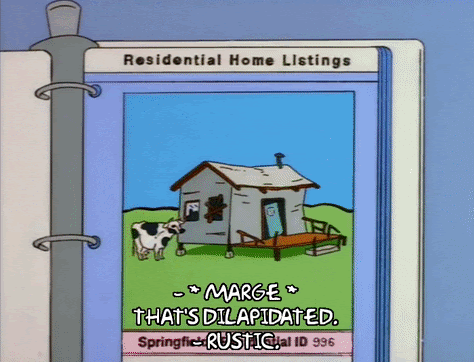
TL;DR
-
Landshare provides a new and improved way to invest in real estate.
-
By ‘tokenizing’ properties (aka: turning the deed of ownership into a tradable NFT), an open and decentralized global real estate marketplace can be built.
-
All of the ‘middle men’ fees can be eradicated; and tokenized real estate is another huge leap towards everyday people being able to live self-sovereign financial lives outside of the traditional banking system.
Full Story
The ‘Holy Trinity’ of adoption is: cheaper, accessible, and easy to use.
For example, Uber made ‘getting a personal driver’ way cheaper, for anyone who had a smartphone, with just a few clicks.
Turns out, that’s exactly what Landshare aims to do.
The product? A new and improved way to invest in real estate.
And hey, unlike almost all of the other companies out there offering tokenized real estate solutions, the difference with Landshare is that they’ve already sold 3 real world, physical properties.
We’ll admit…In an industry where there are billions of dollars being poured into bringing science fiction concepts, like ‘the metaverse,’ to life — the term “tokenized real estate” comes off as a total snooze fest.
Which — it kind of is — but! There’s a reason all the ‘big dogs’ of the global financial industry are pushing for solutions like Landshare…
Here’s the dream:
No more in-person auctions.
No more jumping between marketplaces to find the properties you want (Zillow → Redfin → Opendoor).
And definitely no more filtering your offers through a human broker…no more brokers — period!
By ‘tokenizing’ properties, an open and decentralized global real estate marketplace can be built.
More importantly: all of the ‘middle men’ fees can be eradicated.
Most importantly: tokenized real estate would be another leap towards everyday people being able to live self-sovereign financial lives outside of the traditional banking system.
(I.e. using crypto lending markets to buy tokenized real estate).
Landshare, we salute you.



